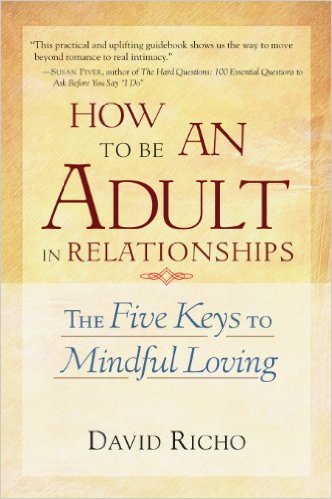
WEIGHT: 62 kg
Bust: SUPER
1 HOUR:90$
NIGHT: +30$
Services: Toys / Dildos, Smoking (Fetish), Dinner Dates, Extreme, BDSM
Official websites use. Share sensitive information only on official, secure websites. Corresponding author: Alana J. McVey, alana. Young adults with ASD experience difficulties with social skills, empathy, loneliness, and social anxiety.
Results have important implications for the utility of the intervention for individuals with ASD. Keywords: Autism, ASD, social anxiety, young adulthood, intervention, social skills. The prevalence of autism spectrum disorder ASD continues to rise steadily. This paper will provide an overview of ASD in young adulthood, focusing specifically on social skills deficits, empathy, loneliness, and social anxiety. The current literature on interventions for young adults YAs will then be described.

Many of the social skills deficits common to children and adolescents with ASD are, unsurprisingly, also rife among YAs on the spectrum. Limited social contact with other YAs may play a role.
Compared with adolescents, most of whom are in high school, YAs may be in a variety of settings including: college, vocational training, or the workforce; they may be living autonomously with or without parental support, in an independent living facility, or at home with their parents Gantman et al.

Research has indicated, however, that the largest proportion of YAs with ASD live at home with their parents, are unemployed or underemployed, and are not in higher education Howlin Individuals with ASD face difficulties with broader relational constructs including empathy and loneliness. Empathy, or the ability to understand the emotional state of others, has long been recognized as a challenge for individuals with ASD Dziobek et al.



































